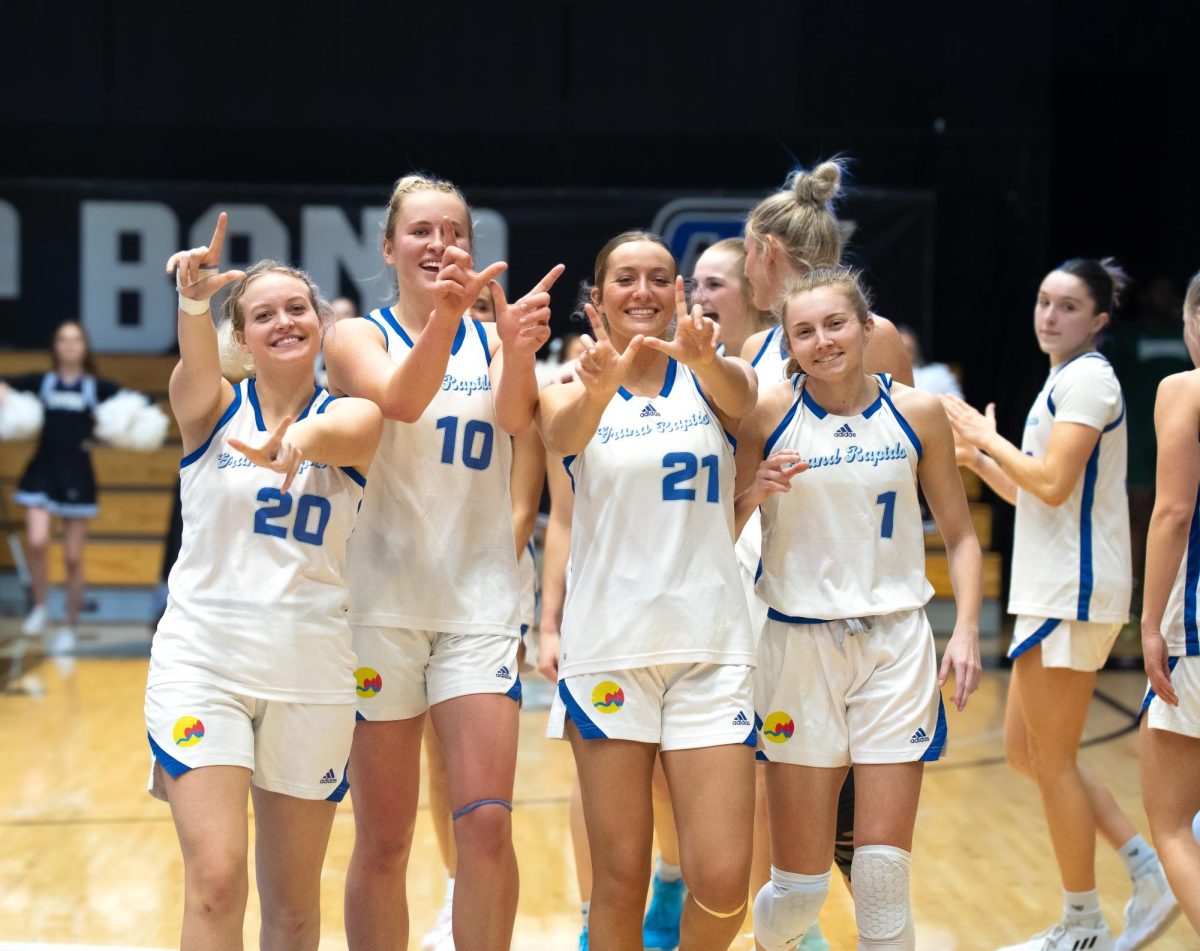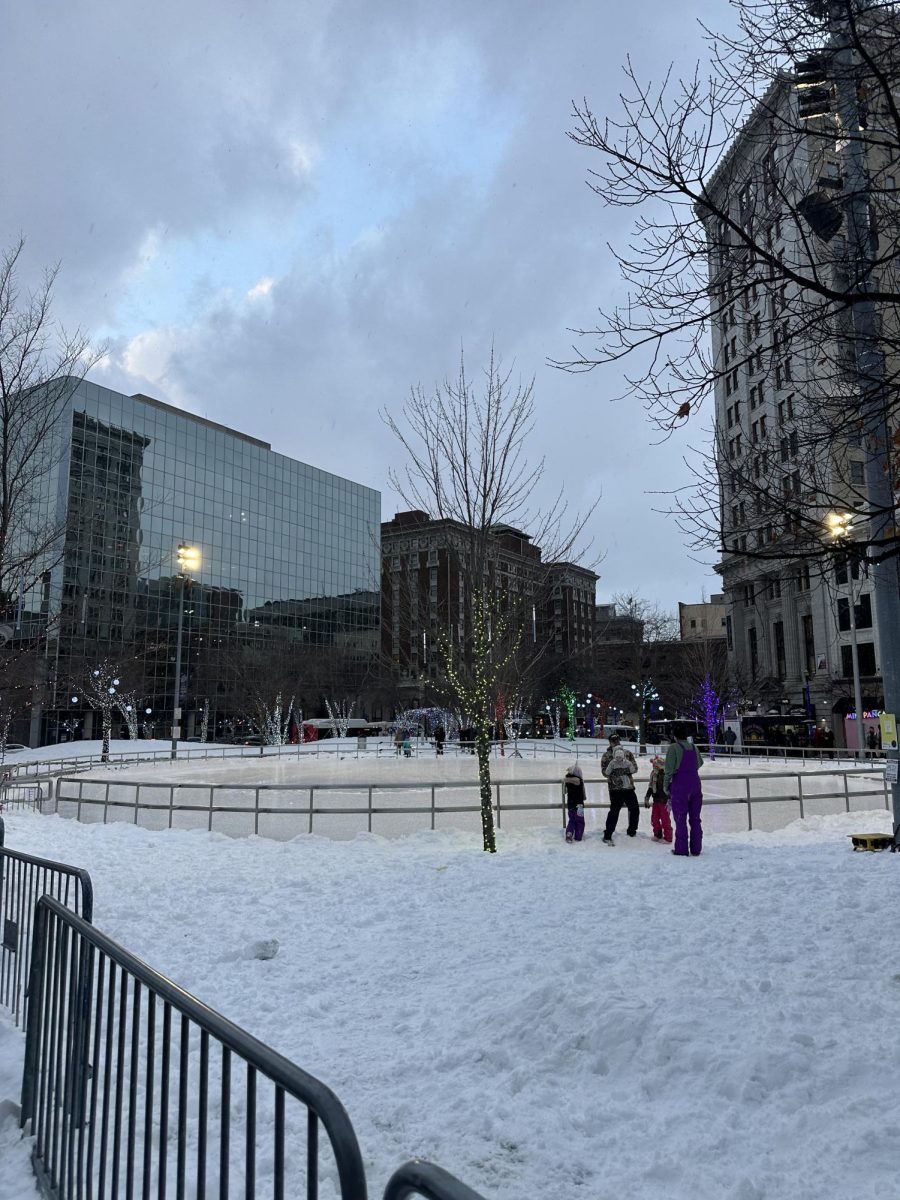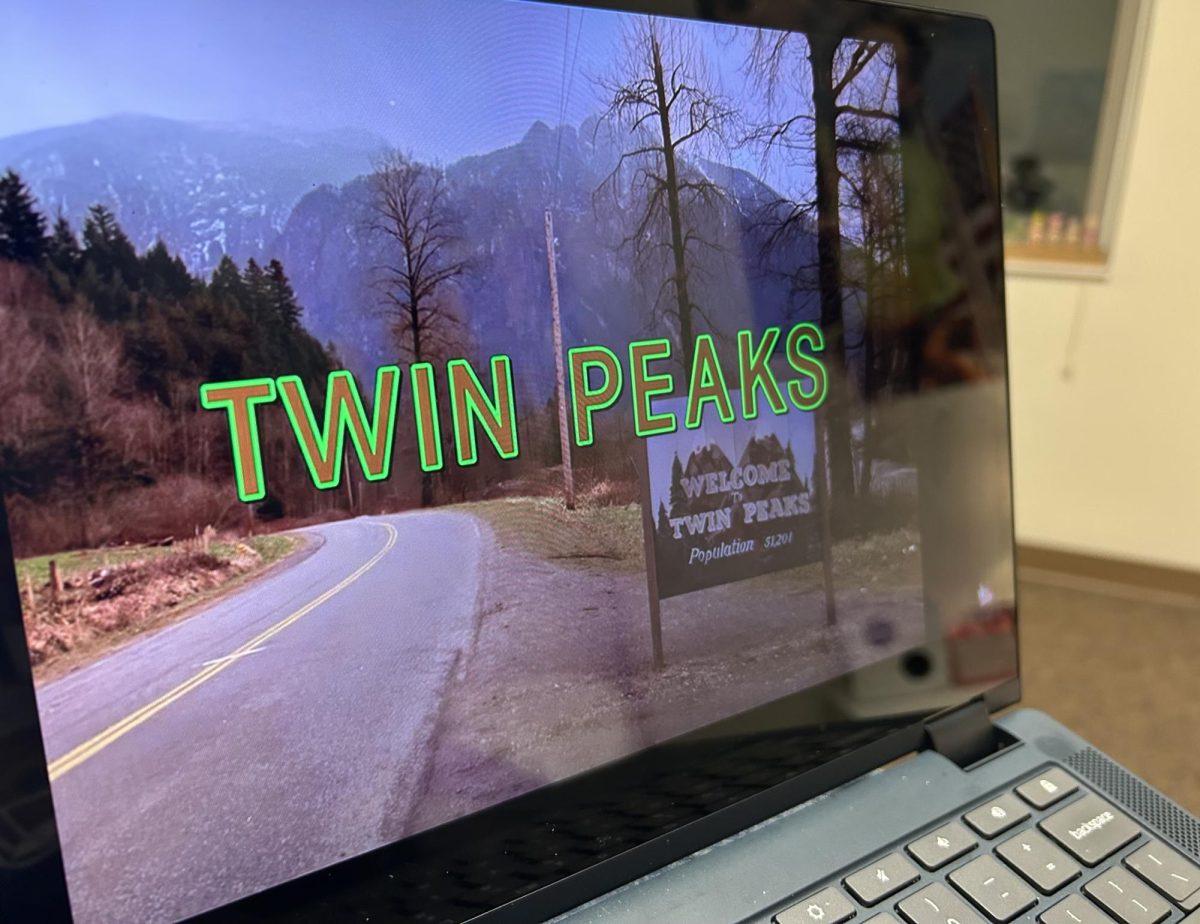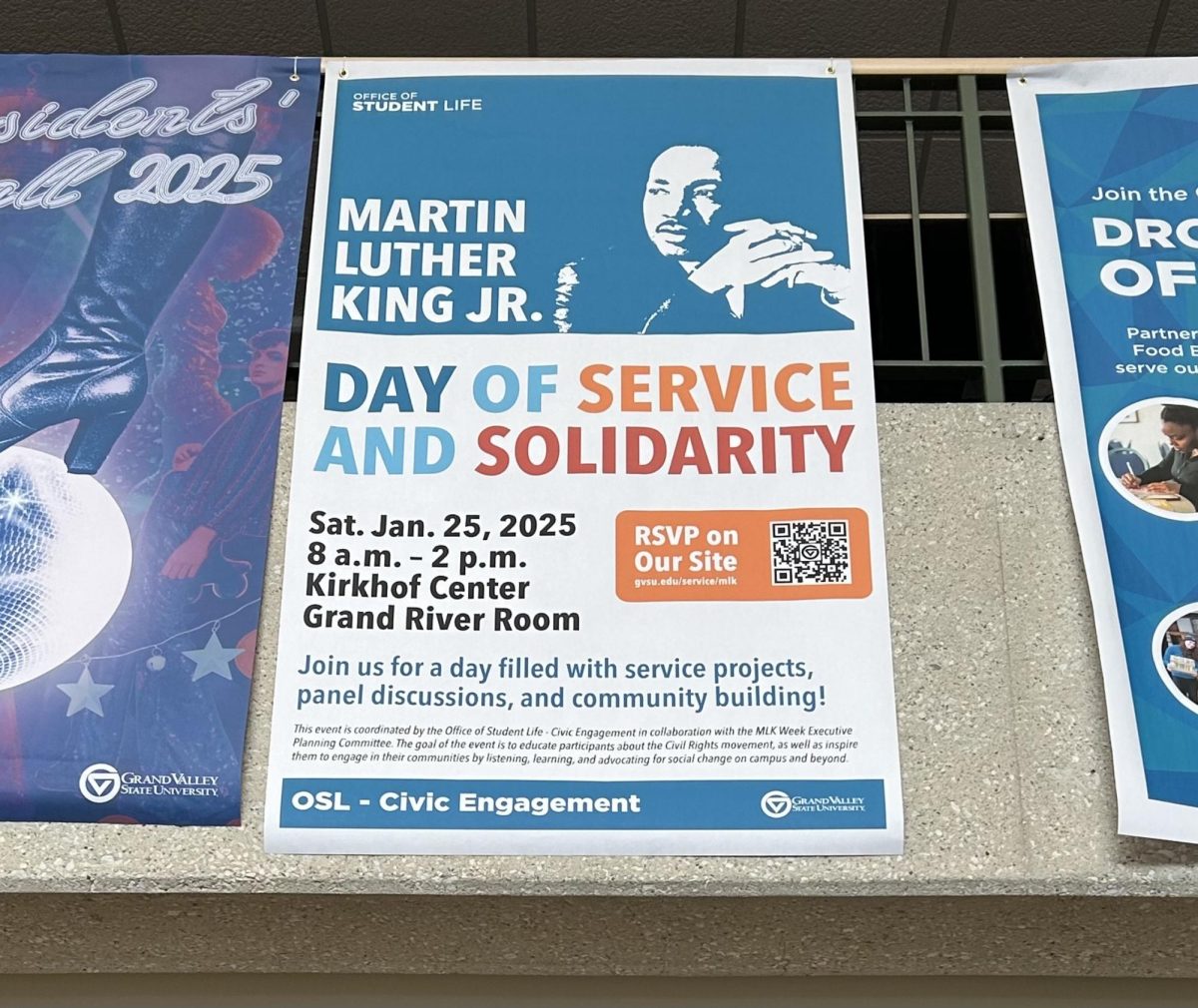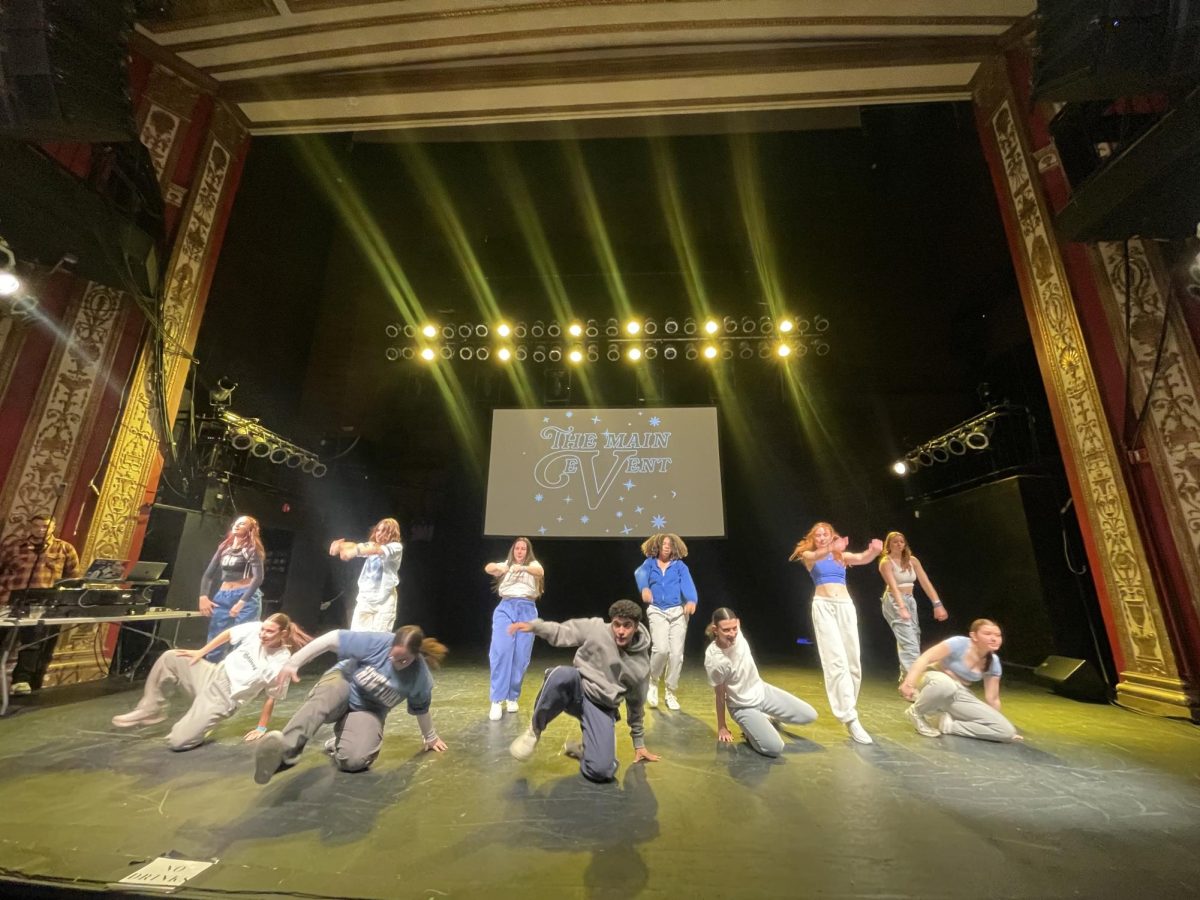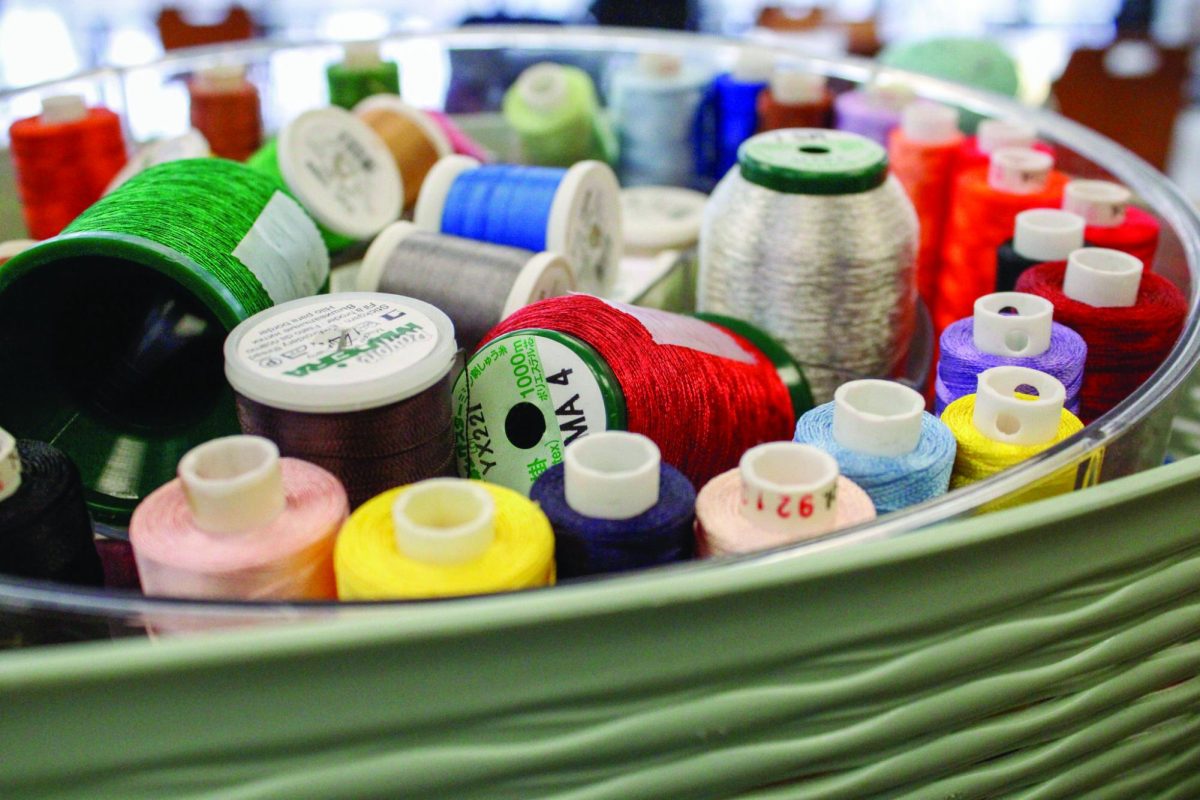Landscape of professional theatre moves towards Black representation
Feb 22, 2021
Proportional representation in media has always been a hot-button issue in the larger cultural landscape of the entertainment industry.
Arielle Leverett, an adjunct professor in the Department of Music, Theatre, and Dance at Grand Valley State University, is passionate about the Black experience in the world of theatre today and how it’s changing in light of last year’s surge in racial justice activism.
Leverett, a resident of Chicago and a member of a plethora of stage troupes and organizations, said the landscape of professional theatre is evolving.
Black American playwright August Wilson is best known for his play “Fences,” which was adapted into an Academy Award-winning film in 2016. Before his passing in 2005, he had won two Pulitzer prizes and a Tony for his work — plays that depicted the Black experience through different decades.
Leverett explained that there is a tendency among students studying theatre to have a very limited scope when it comes to the history of Black works and their influence, only recognizing bigger names like Wilson’s.
“Obviously (students know) August Wilson, but, people stop there, thinking, ‘Good, I’ve read a Black play,’” said Leverett.
Despite the singular focus of most students, Leverett said the impact of Black culture on theatre is massive.
“There are plenty of Black playwrights and Black works that have really shaped what theatre is,” said Leverett.
She said the landscape of theatre has rapidly shifted and many young Black people interested in professional theatre are beginning to recognize the need for more diversity in this realm.
“I think they think things like, ‘Wow, I really don’t see myself enough on stage. There aren’t enough people of color, and I want to change that,’” said Leverett.
Leverett explained that the community of Black theatre is self-sustaining because of that yearning the youth have to see themselves represented.
“You end up having to really look up other plays because there’s no one around to do that for you,” Leverett said. “The old white people that usually watch theatre are nice, they pay the bills, but it’s also nice to see people like yourself.”
She said the internet has become very useful in connecting people across a distance as well as time. It’s easier now more than ever to access all sorts of information and content, including those from people of color.
While the internet will get you a long way, Leverett also shared a few of her favorite contemporary Black playwrights, whom she hopes will help those interested in broadening their horizons.
Leverett mentioned Katori Hall, a Memphis-native who has been nominated for a Tony and specializes in stories about black women navigating meager circumstances in search of more. She also noted Lynn Nottage, who she said “ has a brilliant way of exploring the Black condition,” in her play “Intimate Apparel,” which explores themes of race, sexuality and religion.
Styles from the Black church and gospel music have been co-opted and as a result have found their way onto Broadway, which Leverett said she sees ultimately as a positive.
Leverett believes that much like on the stage, we’re far better together than we could ever be on our own.
“We should stop really trying to separate Black theatre, and instead focus on incorporating all kinds of theatre,” said Leverett.







